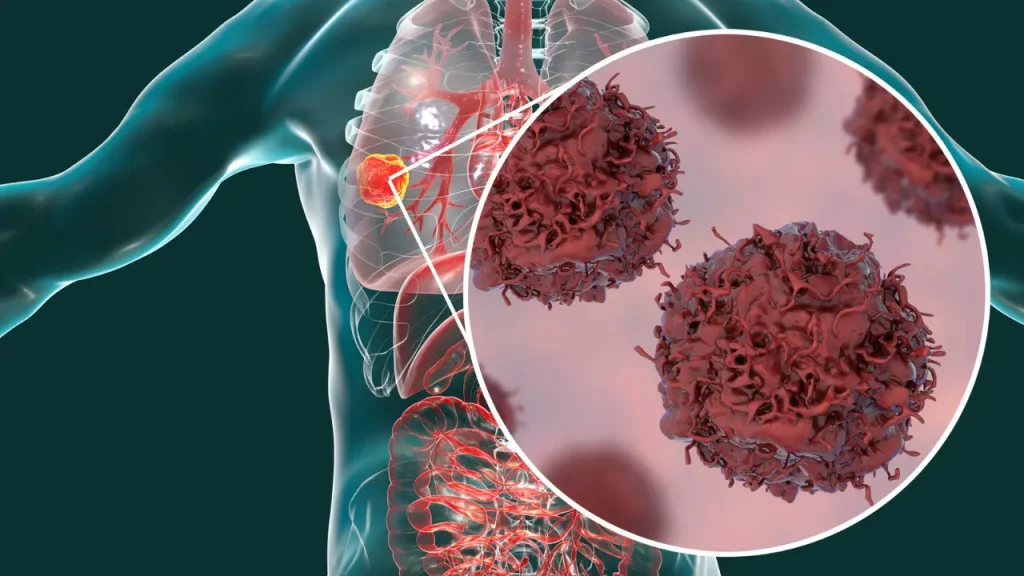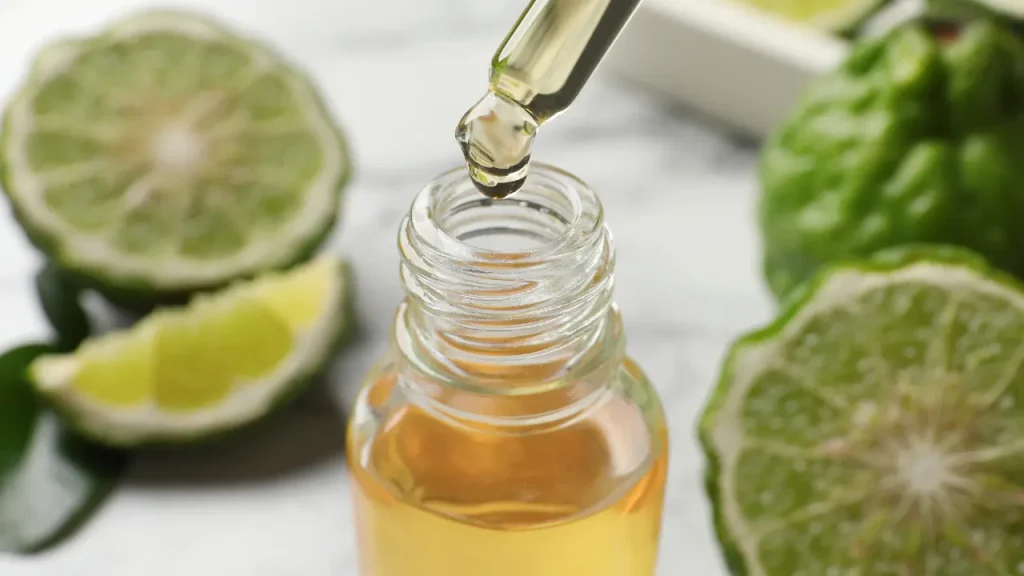Bergamot, also called Citrus bergamia, is an orange-like fruit that is mostly grown in the southern Italian area of Calabria. The rind of the bergamot fruit is used to get the essential oil that is the fruit’s main use. Bergamot essential oil is well-known for being used in perfumes, but it is also used in medicine. In the past few years, there has been more interest in bergamot extract as a health product because of its health benefits. This piece aims to give an overview of what bergamot extract is, its health benefits, the best way to take it, possible side effects, drug interactions, and safe ways to use it.
You May Also Like:
The Best Supplements for Brain Injury: 5 Top Brands Reviewed
Keep Your Brain Young With the 5 Most Powerful Nootropic Supplements
BERGAMOT: Benefits, Dosage, Side Effects, Drug Interactions, And Other Important Information is an original (NootropicsPlanet) article.
Nature of Bergamot
Bergamot extract is a natural substance that comes from the bergamot tree’s fruit. The oil in the fruit’s rind is squeezed out and used to make the extract, which is then cleaned and standardized. Flavonoids, glycosides, and volatile oils are some of the active substances in the extract. Hesperidin, neoeriocitrin, and naringin are all powerful antioxidants that are found in bergamot extract’s flavonoids. Some of the glycosides in bergamot extract, like brutieridin and melitidin, are known to help lower cholesterol. Some aromatic chemicals, like limonene, linalool, and bergamottin, are found in the volatile oils in bergamot extract.
Health Benefits of Bergamot
Researchers have found that bergamot extract has a number of health benefits, such as cutting cholesterol, reducing inflammation, and fighting cancer. The power of bergamot extract to lower cholesterol levels is one of its most well-known benefits. Researchers have found that bergamot oil can lower LDL cholesterol and raise HDL cholesterol. This is probably because the plant has brutieridin and melitidin, which have been shown to stop the liver from making cholesterol.
Bergamot juice can also help reduce inflammation. When you get hurt or have an infection, your immune system’s natural reaction is inflammation. But inflammation that lasts for a long time can cause health problems like heart disease, diabetes, and cancer. Studies have shown that pro-inflammatory cytokines can be stopped from being made by bergamot extract.
It has also been shown that bergamot oil can help fight cancer. Studies have shown that bergamot extract can cause cancer cells to die by a process called apoptosis. This stops cancer cells from growing and spreading. This is probably because it contains naringin, which has been shown to stop cancer cells from growing.

Chemistry of Bergamot
There are a lot of bioactive substances in bergamot extract, such as flavonoids, glycosides, and volatile oils. Flavonoids are phenolic compounds that are known for their antioxidant qualities, which can neutralize free radicals and protect cells from oxidative stress. Most of the flavonoids found in bergamot extract are hesperidin, neoeriocitrin, and naringin.
Glycosides are sugar-bound molecules that do many different things in the body. The glycosides brutieridin and melitidin found in bergamot oil can help lower cholesterol. The smell of bergamot extract comes from volatile oils, which are a complex mix of aromatic molecules. Most of the volatile oils found in bergamot extract are limonene, linalool, and bergamottin.
Physiological Mechanism of Action
Flavonoids like hesperidin, neoeriocitrin, and naringin, which are found in bergamot extract, are powerful antioxidants. Free radicals are unstable molecules that can damage cells and add to the development of cancer, diabetes, and heart disease, among others. These compounds can get rid of free radicals.
The glycosides brutieridin and melitidin found in bergamot oil can help lower cholesterol. These chemicals work by stopping an enzyme called HMG-CoA reductase from doing its job, which is to make cholesterol. By stopping this enzyme from working, bergamot extract lowers the production of “bad” LDL cholesterol and raises the production of “good” HDL cholesterol. Several clinical tests have shown that bergamot extract can help lower cholesterol in this way.
Some of the volatile oils in bergamot extract, like limonene and linalool, can help reduce inflammation. When you get hurt or have an infection, your immune system’s natural reaction is inflammation. But inflammation that lasts for a long time can cause health problems like heart disease, diabetes, and cancer. Studies have shown that pro-inflammatory cytokines can be stopped from being made by bergamot extract.
The cytochrome P450 enzyme system can’t work as well when bergamottin, a furanocoumarin found in bergamot extract, is present. Several drugs are broken down by this system, and blocking this system can change how these drugs are broken down. So, you should be careful when using bergamot extract with some medicines, and you should talk to a doctor before using bergamot extract if you are on any medicines.

Optimal Dosage of Bergamot
The best amount of bergamot extract to take relies on many things, such as age, gender, weight, and health. As of right now, there is no official suggestion for how much bergamot extract should be taken. Most studies, though, have used doses between 500 and 1000 mg per day.
It’s important to know that bergamot extract in high amounts can cause side effects like dizziness, nausea, and muscle cramps. Because of this, it is best to start with a lower dose and slowly raise it over time.
Side Effects of Bergamot
When used in the right amounts, bergamot extract is usually safe. But taking too much bergamot extract can make you feel sick, dizzy, and cause your muscles to cramp. Bergamot oil can also make people who take blood-thinning drugs like warfarin more likely to bleed. Because of this, it is best to talk to a doctor before using bergamot extract, especially if you are already on medicine.

Potential Substance Interactions with Bergamot
Some medicines, like statins, blood pressure medicines, and antidepressants, can react badly with bergamot extract. Bergamot extract can make these medicines work better, which can have bad side effects. Because of this, you should talk to a doctor before using bergamot extract if you are on any kind of medicine.
Responsible Uses of Bergamot
Bergamot oil is a natural substance that is good for your health in multiple ways. But you should be careful about how you use bergamot extract. This means that you should start with a smaller dose and slowly increase it over time. You should also talk to a doctor before using bergamot extract if you are on any medications. It’s also important to buy bergamot extract from a trusted source to make sure it’s pure and of good quality.
BERGAMOT:
Conclusion
Bergamot has an incredible smell and is often included in many of your favorite fragrances, soaps, candles, and room sprays. Though bergamot is generally used to freshen the body or a room, it has multiple health benefits as well.
Using bergamot extract in topical creams can alleviate inflamed skin or itchiness. You can also add bergamot oil to some of your favorite dishes for a boost of citrus flavor that aids in lowering cholesterol. No matter what you choose, keeping bergamot oil or extract handy will fare you well in the long run.

References:
- Anti-inflammatory and antioxidant effects of a zingiber officinale roscoe supplement and its spiro-compound on adipose inflammation and hepatic steatosis in db/db mice. Antioxidants, 6(3), 59. Retrieved from https://www.mdpi.com/2076-3921/6/3/59
- The effect of bergamot polyphenolic fraction on lipid transfer protein system and vascular oxidative stress in hyperlipemic rabbits. Frontiers in Pharmacology, 8, 119. Retrieved from https://www.frontiersin.org/articles/10.3389/fphar.2017.00119/full
Important Note: The information contained in this article is for general informational purposes only, and should not be construed as health or medical advice, nor is it intended to diagnose, prevent, treat, or cure any disease or health condition. Before embarking on any diet, fitness regimen, or program of nutritional supplementation, it is advisable to consult your healthcare professional in order to determine its safety and probable efficacy in terms of your individual state of health.
Regarding Nutritional Supplements Or Other Non-Prescription Health Products: If any nutritional supplements or other non-prescription health products are mentioned in the foregoing article, any claims or statements made about them have not been evaluated by the U.S. Food and Drug Administration, and such nutritional supplements or other health products are not intended to diagnose, treat, cure, or prevent any disease.


